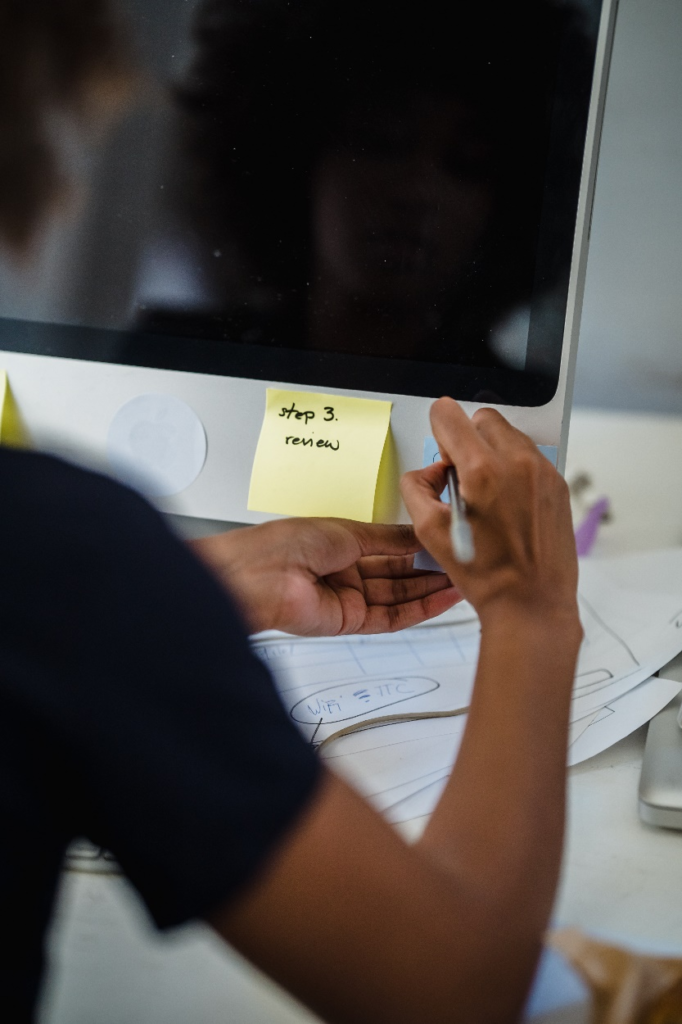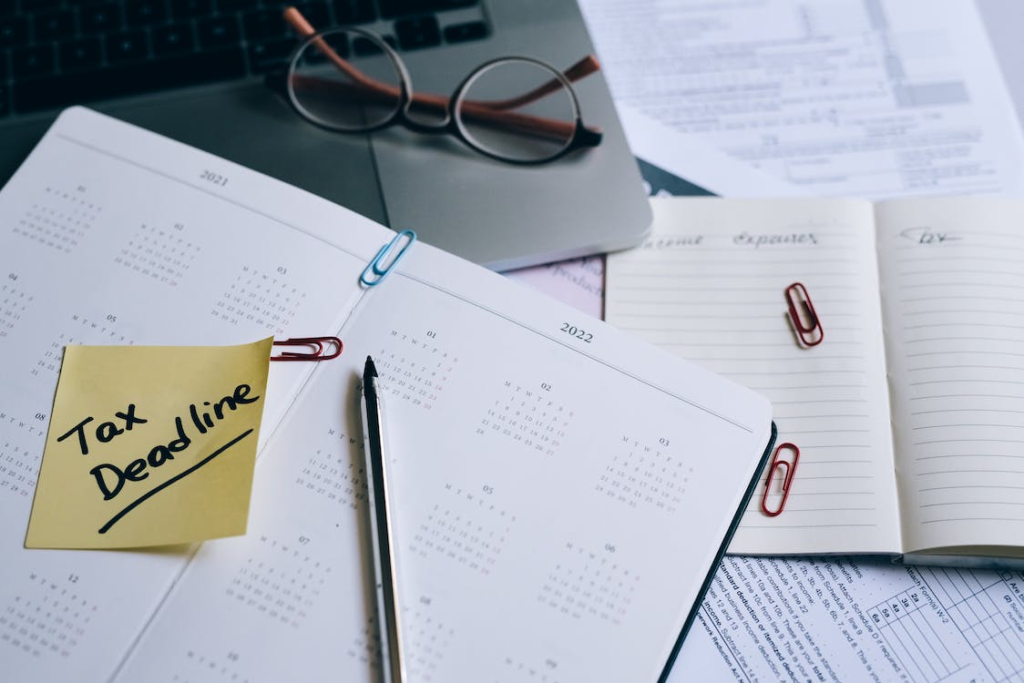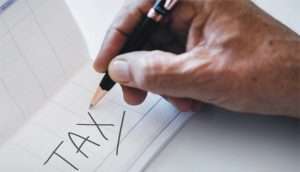More than 11.3 million people in the UK filed self-assessment tax returns in 2021. Taxes are complicated, so many people and businesses hire tax accountant consultations. Whether you hire professional services or not, there are some dos and don’ts of self-assessment tax returns you should know.
The Do’s of Self-Assessment Tax Returns
There’s a lot that goes into self-assessment tax returns, but the most important things to do when you file tax returns are:
1. Have all the necessary information on hand
Make sure you have all the necessary facts and figures– it will save you time. You’ll need the UTR, National Insurance Number, and if you’re employed, the P60. Lastly, you’ll need records of earnings from taxable sources and details of all expenses.
2. Double-check facts and figures
Once you’ve entered all the information on the tax return forms, go over them again. You must cross-check the entries with your records. This will prevent any mistakes. Serious errors can lead to penalties if the HMRC believes the mistakes are careless.

3. Hire a professional
Hiring a professional is the easiest way to get self-assessment tax returns done on time and avoid serious errors. Accountants and tax consultants have the knowledge and experience to complete it on time.
The Don’ts of Self-Assessment Tax Returns
Self-assessment tax returns can be confusing, especially if it’s your first time doing it. Some mistakes people filing for the first time make, and some even experienced tax filers will make.
1. Don’t leave it till the deadline
In 2021, more than 630,000 people filed their tax returns on the day of the deadline. Filing is the first mistake people make because it eliminates any room for correcting mistakes. Completing before time can seem daunting there is so much to add but remember there are accountants and tax consultants that can help get it done early.

2. Don’t forget about allowable expenses
A common mistake first-time filers make is forgetting to deduct allowable expenses from their tax returns. Claiming allowable expenses reduces the tax payable and is solely the taxpayer’s responsibility to deduct from their tax returns.
3. Don’t leave any mistakes
This goes back to filing self-assessment tax returns before the deadline. A major reason for filing early is so that if you make any mistake, you have the time to correct it. For example, for the returns for the tax year 2017/18, the deadline was 31st January 2020. Therefore, those who filed early and caught some mistakes in their returns had ample time to correct them.
IBISS & CO. – Accounting And Tax Consultants In London
Whether you’re doing it for yourself or your business, filing self-assessment tax returns is something you must do. However, with the consistent changes in tax policies, filing self-assessment and tax returns can be confusing. If you’re also having trouble with your self-assessment tax return process, contact the best tax advisors in London, IBISS & CO.
We offer business and tax advice and are the leading tax accountant consultation service in London and Walsall. We help clients navigate the intricacies of tax filing and understand the return process for their maximum benefit.
Contact us for general accounting and specialist tax services.




